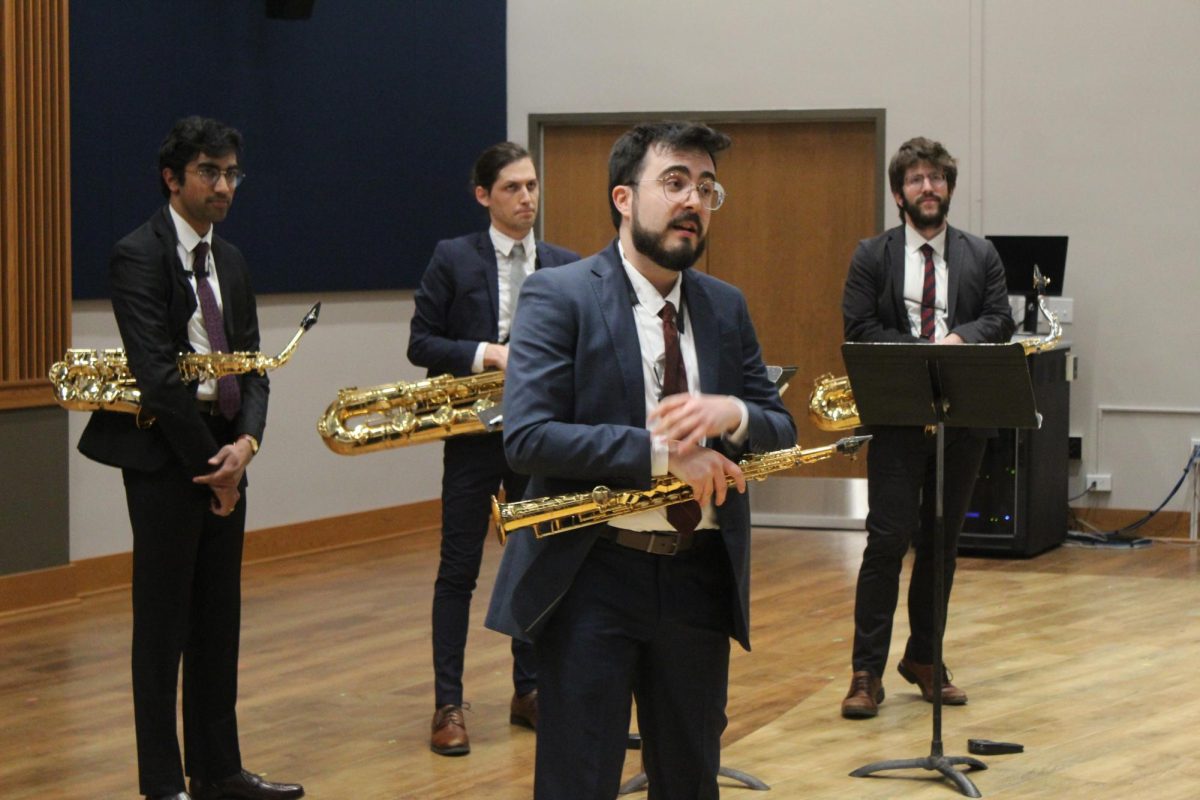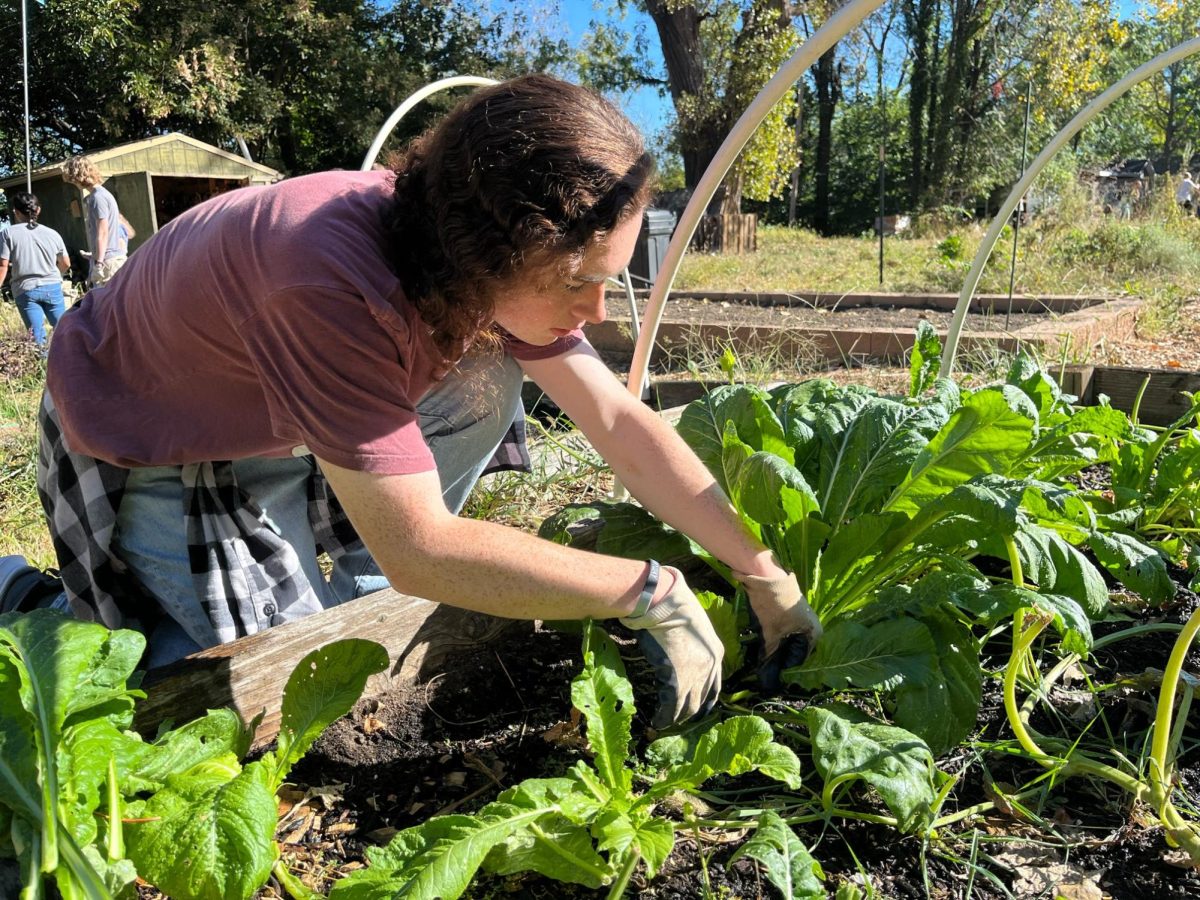Augustana’s reading writing center (RWC) is a valuable resource for students, offering tutoring for many subjects and proofreading services for papers for a variety of courses. Language help is among the services that are available to students at the RWC, but the assistance of tutors is limited to students enrolled in language courses or pursuing a major or minor in a language-related field of study.
The limited availability of these valuable academic resources leaves students that are interested in learning a language for a study abroad opportunity or one of Augustana’s many language-oriented extracurriculars out in the cold.
While the services offered by the RWC are indisputably valuable, they fail to provide students in these unique circumstances with the same opportunities presented to other students academically enrolled in these fields. The lack of practice, preparation and one-on-one or group instruction tailored to these subjects can be detrimental to students’ success.
Study abroad programs allow students to experience a new culture, including the language, while they take a course or participate in an internship. Many programs require a prerequisite course, which provides instruction relating to the language or overall culture, preparing students to take part in the experience. However, not all study abroad opportunities require or even provide this course, leaving students on their own to research the culture and practice the language.
Learning a new language is difficult without the support of an instructor or peers, and taking on this activity alone can hinder progress as individuals cannot practice back-and-forth instruction and cannot receive feedback. Also, students studying abroad represent Augustana. If a student is unable to communicate, this may reflect poorly on Augustana and its resources, as the student is not linguistically prepared.
Offering group or one-on-one tutoring sessions to students not enrolled in language courses at Augustana would help to combat these obstacles. It would provide a conversational format for those involved, as well as allow students the ability to offer and receive instant feedback.
Students involved in language extracurriculars on campus, such as Spanish or French clubs, can receive feedback and converse in meetings. However, these meetings often occur only weekly or biweekly, limiting the amount of feedback students can receive, opportunities for conversation and the time needed to practice.
Also, club meetings and extracurriculars lack the structure of a curriculum, and the drive to learn a language can vary from student to student. This further decreases these opportunities for language learning students.
Allowing students in language-related extracurriculars to schedule appointments with the RWC would provide greater opportunities for students to practice speaking with each other and receive feedback. Working with a RWC tutor would also help students set goals in their language learning, creating a sense of stability and clear learning outcomes similar to what a course would provide.
Now, there are limits to what the RWC can provide to students. There are a limited number of tutors available, and priority should be given to students enrolled in language-related courses or pursuing a language major or minor. However, these limits do not mean that students learning a language outside of what is required academically should be deprived of the opportunity to receive practice and feedback.
Limits should be set on how long a student can work with a RWC tutor during a session, and how many sessions a student can schedule if they are learning a language for a study abroad program or extracurricular. This would ensure these resources are still available for students who require them to succeed academically. For example, limiting or taking away tutoring time for students learning a language outside of academic parameters during exam week, a time of great stress for many students, would help to combat this issue.
The RWC has the resources to provide students who are not enrolled in a language-related course or pursuing a language major or minor with tutoring and peer feedback opportunities. These resources should be offered to all interested students with a limit, so students who are pursuing a major or minor, or taking a course, still have access.
However, it is critical that students seeking to learn a language for unique circumstances, such as preparing to study abroad or participating in a language learning extracurricular, have access to what they need to succeed.
Each student deserves an equal opportunity to learn a language on-campus as it is within Augustana’s capacity to help them do so. The RWC’s resources, such as providing feedback, individual and group learning and the setting of goals and outcomes, is critical to helping the campus achieve this.








































































































